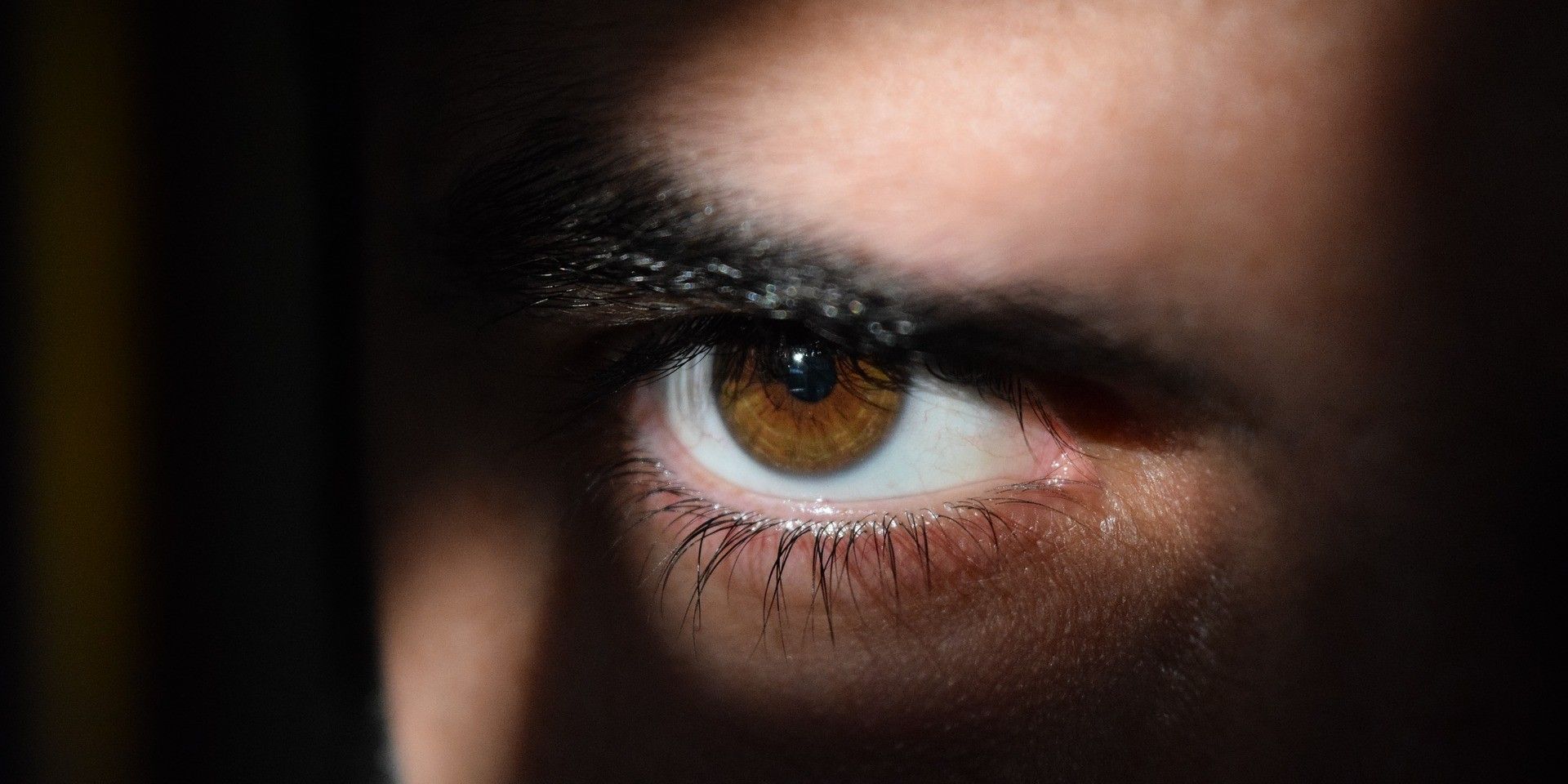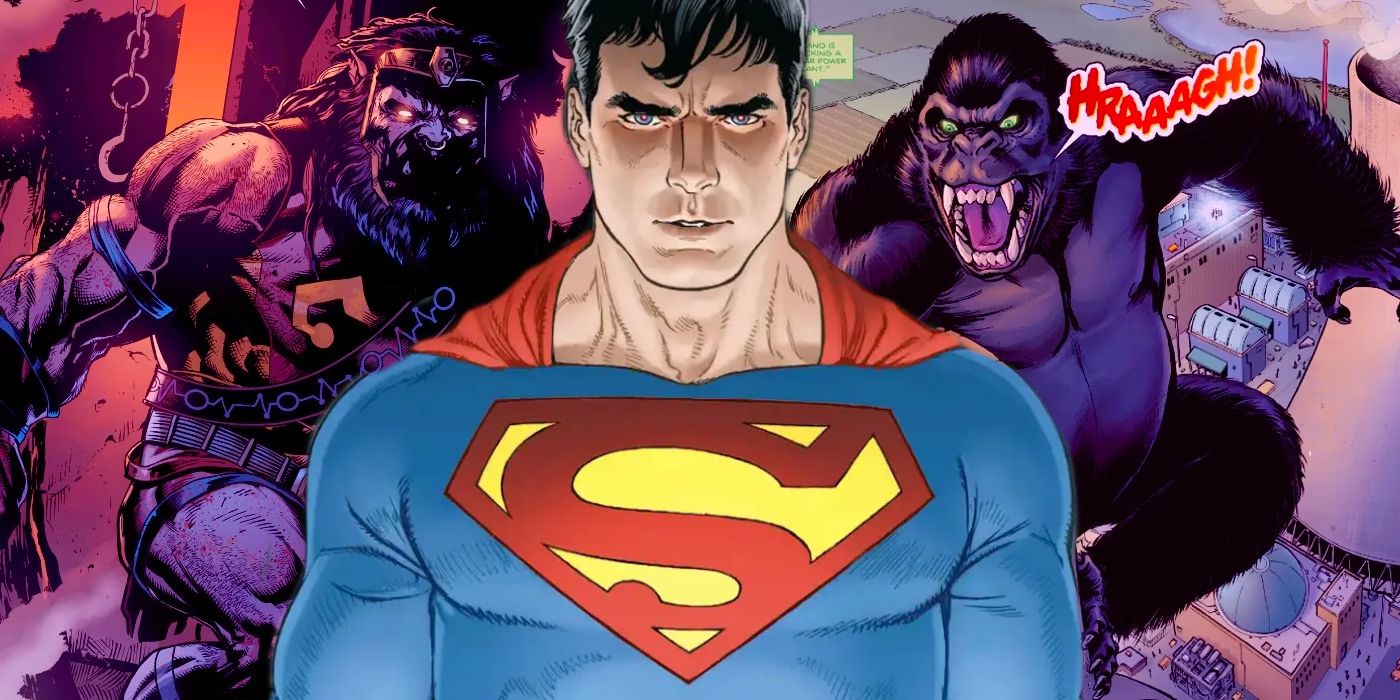While you might not have to pay to play on Zoom, for those wanting complete privacy and security through end-to-end encryption, they will have to pay. Zoom has emerged as a major player in the video-conferencing landscape over the last few months. However, in spite of the increase in users and usage, the company has also raised concerns over its security.
With so many having been sheltering at home recently due to the COVID-19 pandemic lockdown orders, many have turned to Zoom video conference calls for work or to stay connected with family and friends. Generally, users get up to 40 minutes for free, but for those wanting to stay on longer than the 40 minutes, Zoom charges the host of the call. While most businesses were shuttered during the virus outbreak, Zoom was one of the rare ones to come out on top and make a profit during the pandemic. The video technology platform grew from 10 million daily meeting participants as of December 2019, to over 300 million a day in April 2020. However, the company hit a major glitch and scare when it was revealed that caller privacy and security was at risk.
Related: Reports Show Many Zoom Users Willing To Pay For Video Conferencing
This week, Zoom confirmed that only paying customers will get end-to-end encryption on calls. This means that those using the service for free will remain at a greater risk compared to paid customers. During Zoom‘s recent Q1 FY 21 Earnings Webinar, CEO Eric Yuan confirmed that advanced features protecting consumers are now in place but are only accessible to those who sign up for a monthly Pro, Business and Enterprise subscription. In other words, paying customers. Yuan stated this feature will not be made available to those conducting a free call. The changes were made as part of the company’s 90-day security plan and the launch of Zoom 5.0. While Zoom does explain “Only our paid users will have access to end-to-end encryption for their meetings,” the company had also previously stated that “all users will use the 256-bit GCM encryption on May 30 regardless of their license type.”
The Price You’ll Pay For Privacy

End-to-end encryption, aka E2EE is a method of securing communication that prevents third parties from accessing data while it’s transferred from one end system to another. On a Zoom call, you’ll know if you’re on a protected call, as users will see the confirmation on their screen through the use of a verified green check mark stating, You are using enhanced encryption. For those on a free Zoom call and not paying for end-to-end encryption, users are effectively opening the door for the FBI and police to access their calls, if needed. Zoom actually confirmed this point by stating that one of the reasons it doesn’t intend to enable E2EE on a free call is to give law enforcement access to these calls.
In a nutshell, Zoom users will have to shell out for peace of mind and total E2EE protection by either opting for the Pro plan priced at $14.99/month for unlimited calls with 1 host, the Business plan at $19.99/month/per host (requires 10 or more host accounts), or the Enterprise plan at $19.99/month (with 100 or more host accounts).
Although Zoom has made improvements, many are still likely to be concerned about the level of security and privacy, and especially those using the service for free. One of the major issues that has cropped up recently is the act of Zoombombing. This is when intruders effectively hijack a video call and post whatever they want. In some cases, this has resulted in hate speech and offensive images – which is where Zoom’s accommodation of law enforcement originates from. While keeping the end-to-end encryption absent from the free tier might help to combat issues like Zoombombing, it doesn’t help all those users who find themselves now needing to use Zoom more often through necessity, but also expecting end-to-end encryption as standard.





